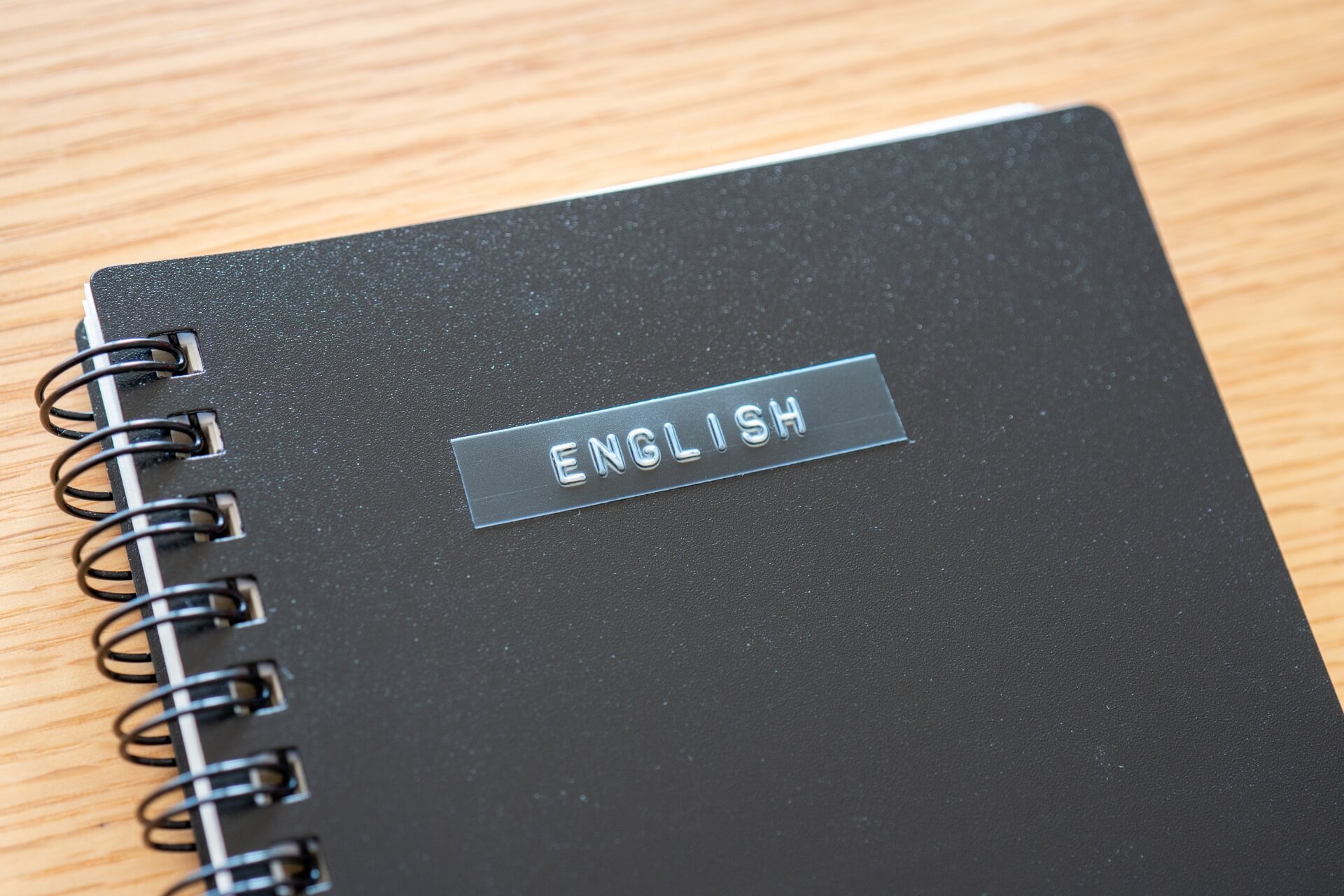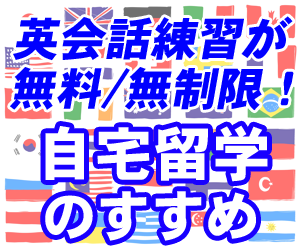[本ページはプロモーションが含まれています]
英語は思っているほど難しくありません。中学生で習うような簡単な英語だけでも、いくつかのパターンを覚えればけっこう中身の濃い会話ができます。
今回は、短い言い回しを中心にまとめましたので、会話の流れと一緒に感覚的に英語を学びましょう。学校や会社の外国人と英会話を楽しんでください。
A:Where are you from?
A:(どこ出身ですか?)
B:I am from Germany. Are you interested in Germany?
B:(ドイツ出身です。ドイツに興味ありますか?)
A:Yes, I am interested in Germany. I love beer.
A:(はい、興味あります。ビールが好きです)
B:What kind of beer do you like?
B:(どんなビールが好きですか?)
【解説】
「what kind of ~」=どんな種類の〜
A:I like dark beer. How about you?
A:(ダークビールが好きです。あなたは?)
B:I like light beer.
B:(ライトビールが好きです)
A:What does german beer taste like?
A:(ドイツのビールはどんな味ですか?)
B:Well, there are many kinds of beer in German.
B:(ドイツにはたくさんのビールがあります)
A:How much is a bottle of beer?
A:(瓶ビールはいくらですか?)
【解説】
「a bottle of」=ひと瓶
B:About 2 euros in a supermarket but it is a bit more expensive in a bar or restaurant.
B:(スーパーでは2ユーロくらいですが、バーやレストランだともう少し高いです)
B:What else do you know about Germany?
B:(ドイツについて他に何を知ってますか?)
A:I would like to see the world heritages in Germany. My friend told me that there were many famous places over there.
A:(ドイツの世界遺産を見てみたいです。友人がたくさん世界遺産があると教えてくれました)
【解説】
「world heritage」=世界遺産
B:That’s right. There are 42 spots in Germany and it is No.5 in the world.
B:(その通り。ドイツには42ものスポットあって世界で5番目に多い国です)
B:We are very proud of that.
B:(とても誇りに思っています)
A:Where do you recommend me to go in Germany?
A:(ドイツでオススメの場所はどこですか?)
B:Well, it really depends on what you like to see but I think Berlin will be very nice if you love cities and historical buildings.
B:(何を見たいかによりますが、もし都会や歴史的な建物が好きならベルリンはいいと思います)
【解説】
「depend on〜」=〜による。非常によく使います。
A:How big is Berlin? What is the population?
A:(ベルリンの規模は?人口はどのくらいですか?)
【解説】
人口を聞く時は、「how many」ではなく「what」を使います。
B:It is huge. The population is about over 350 million people.
B:(大きいです。350万人以上います)
B:I have some questions about Japan.
B:(日本についていくつか質問があります)
日本人が英会話するには英文法の理解が大切だから、英会話スクールなのに中学英語の英文法から詳細解説。hiro式・オンライン英会話スクール~自宅留学のすすめ~
A:Please ask me.
A:(どうぞ私に聞いてください)
B:What do Japanese people usually eat?
B:(日本人は普段何を食べますか?)
A: We usually eat fish, meat, rice and some healthy food. Rice is our main dish
A:(普段は魚、肉、あとは米と健康的な食事です。米は主食です)
B:I see, Do you often eat Sushi?
B:(なるほど。寿司はよく食べますか?)
A:We love Sushi but I don’t think we eat as much as you imagine because it is expensive.
A:(寿司は大好きですが、あなたがイメージするより食べません。というのも高いからです)
【解説】
「not ~ as much as you think」=あなたが思うより多くない。「as〜as you+動詞」はよく使います。
例えば、「There are not many people wearing Yukata in Japan as much as you imagine」(あなたが想像するより日本では着物を着る人は少ない)
「I don’t study the math as often as you do」(あなた勉強するほど数学はしません)
B:What kind of sports is the most famous in Japan?
B:(日本ではどのスポーツが一番人気がありますか?)
A:It is difficult to pick one but I think baseball or soccer.
A:(一つ選ぶは難しいですが、野球かサッカーだと思います)
B:What about Karate?
B:(空手はどうですか?)
A:It is also very common.
A:(それも人気があります)
【解説】
日本語で「人気がある」=popularですが、commonには「一般的、共通の」という意味合いが強く、空手は一般的です→人々が当たり前のようにやっている→人気があるになります。
(例) Eating Sushi is common in Japan.(日本で寿司は人気です)
B:Have you ever learned Karate?
B:(空手をやったことはありますか?)
learn Karate =空手を習う。「play」はNG。
A:Yes. But, I am not good at it because I learned it when I was small.
A:(はい。でも、子供の頃習っただけで(今は忘れたので)苦手です)
B:I want to learn Karate.
B:(空手を習いたいです)
A:You should.
A:(ぜひ)
B:Thank you so much for telling me about Japan.
B:(日本について教えてくれてありがとうございました)
B:I would like to hear about Japan again. Hope to see you again.
B:(また日本について聞きたいです。またお会いできることを祈っています)
A:Thank you as well. See you soon.
A:(こちらこそありがとうございました。ではまたの機会に)
B:See you soon.
B:(さようなら)
W杯について
A:Did you watch World Cup 2018 in Russia?
A:(2018年ロシアW杯を観ましたか?)
B:Yes. It was so much fun.
B:(はい、とても楽しかったです)
A:What county did you cheer?
A:(どの国を応援しましたか?)
【解説】
「cheer」=応援する
B:France. That’s my country.
B:(母国のフランスです)
A:France beat Argentina.
A:(フランスはアルゼンチンを倒しました)
B:That was so impressive.
B:(とても印象的でした)
B:Japan also did good job.
B:(日本もよくやりました)
A:Did you watch a match of Japan?
A:(日本の試合は観ましたか?)
B:No, but I heard some news. Who’s the most famous player in Japan?
B:(いいえ、でもニュースで観ました。日本で誰が一番有名ですか?)
A:I think Honda Keisuke.
A:(本田だと思います)
B:I know him. He played in Italy.
B:(知っています。イタリアでプレイしていました)
日本人が英会話するには英文法の理解が大切だから、英会話スクールなのに中学英語の英文法から詳細解説。hiro式・オンライン英会話スクール~自宅留学のすすめ~
A:That’s right.
A:(その通りです)
A:I would like to watch a match against France in World Cup someday.
A:(いつか、W杯でフランスとの試合を観てみたいです)
【解説】
「against」=〜と対戦
B:Me too. Which one do you think would win?
B:(私もです。どっちが勝つと思いますか?)
A:Japan is not enough good yet but I believe Japan will be a good team till then.
A:(日本はまだまだですが、それまでにいいチームになっていることを祈ります)
B:I would buy you a drink if Japan beats France then.
B:(もし日本が勝てば、飲み物を奢ります)
【解説】
人に物を買う(奢る)は、buy 人+物=人の順番。
A:I also would buy you a drink if France beats us.
B:(私も、もしフランスが勝てば飲み物を奢ります)
B:Deal!
B:(オッケー!)
【解説】
「deal」は元々は取り扱う、と言う意味で単体でも使えます。「決まり」、「オッケー」と言う感じです。
B:There is an international friendly match for Japan against Australia next weekend. Let’s go and watch at a bar together.
B:(来週末に、日本とオーストラリアの国際親善試合があります。一緒にバーで観戦しましょう)
A:I will wear soccer jersey.
A:(ユニフォームを着ていきます)
【解説】
サッカーのユニフォームは「soccer(football) jersey」
B:I don’t have one but I will also wear something blue.
B:(私は持っていないですが、何か青い物を着ていきます)
A:Okay. I will see you then. Have a good day.
A:(わかりました。じゃまた来週末に)
B:I will see you too.
B:(また会いましょう)
いかがでしたでしょうか。
中学で学んだ英語だけでもコミュニケーションがとれることをわかっていただけたと思います。
次回以降もさらに中学英語だけで一定以上の英会話ができることをわかってもらえる英語を紹介していきます。
お楽しみに。

